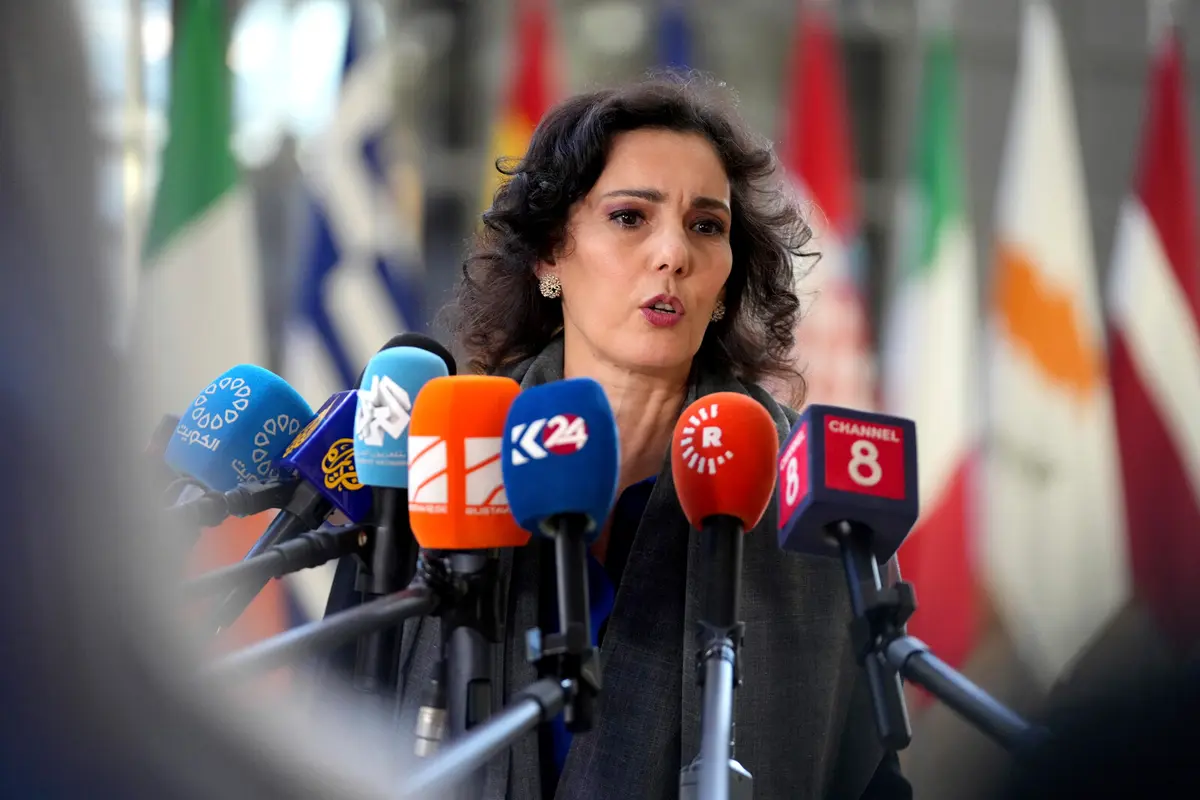The EU's aid and crisis management commissioner Hadja Lahbib tried to strike a humorous tone when she launched her "preparedness union" at the end of March.
This is all you need to survive 72 hours in a crisis, said Lahbib in a video on X where she, among other things, pulled out medicines, cash, canned goods, and a whole transistor radio from her handbag.
However, she was met with numerous snickers and ironic comments, as well as accusations of "scare propaganda".
The severe power outage on the Iberian Peninsula has, however, shed new light on the matter.
The preparedness strategy includes, above all, more long-term advice such as building up stocks and conducting more joint exercises, but also a direct appeal to the general public to prepare themselves with supplies to last at least three days in a crisis situation.
"The afterworld" is here, with wars, crises, and natural disasters increasing, and we must handle it – responsibly and calmly, and with everyone on board, said Lahbib at her press conference in March.
The EU Commission presented a strategy for a preparedness union in March, aimed at improving the EU's and member states' "capacity to prevent and respond to emerging threats".
Four specific risk areas are highlighted:
* natural disasters such as floods and forest fires
* human-induced disasters such as industrial accidents, power outages, and pandemics
* hybrid threats such as cyberattacks, disinformation, and sabotage
* geopolitical crises such as armed conflicts
The plan builds largely on a preparedness report presented by Finland's former President Sauli Niinistö last year, on behalf of Commission President Ursula von der Leyen.






